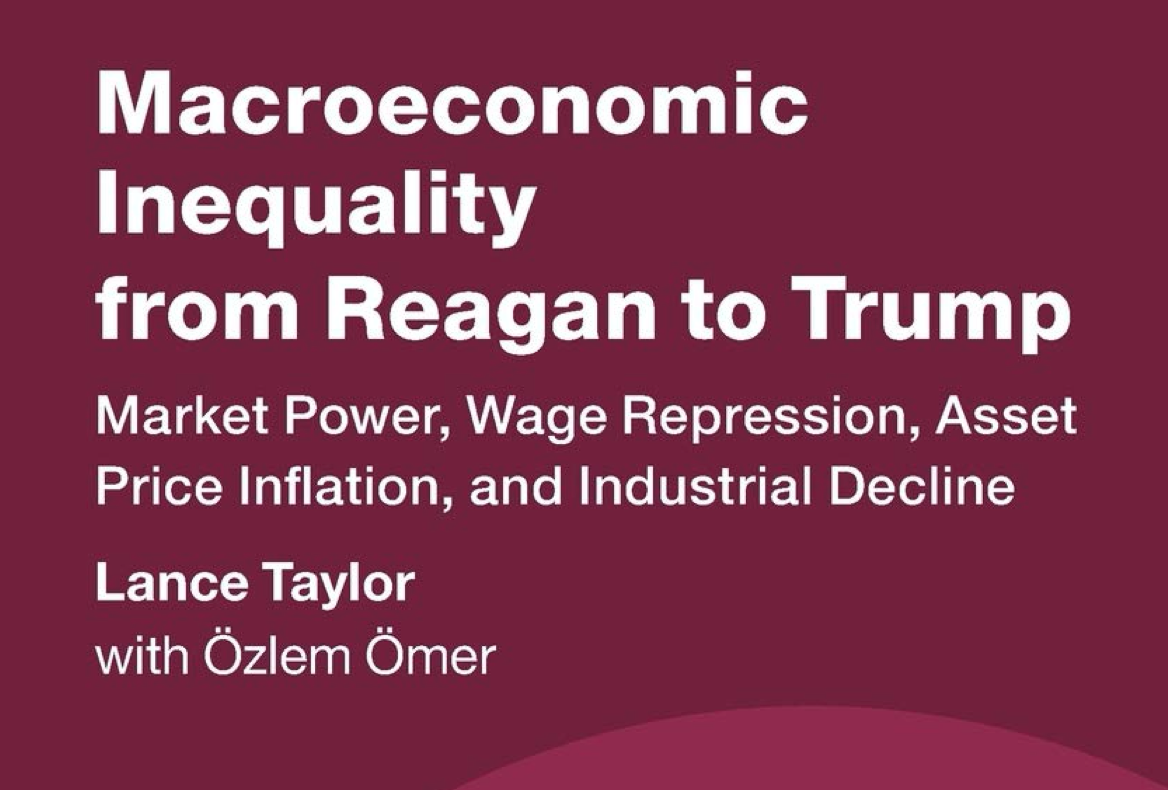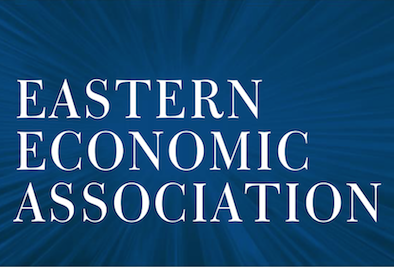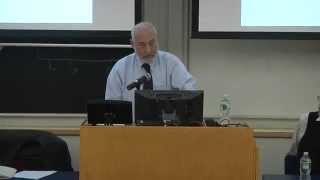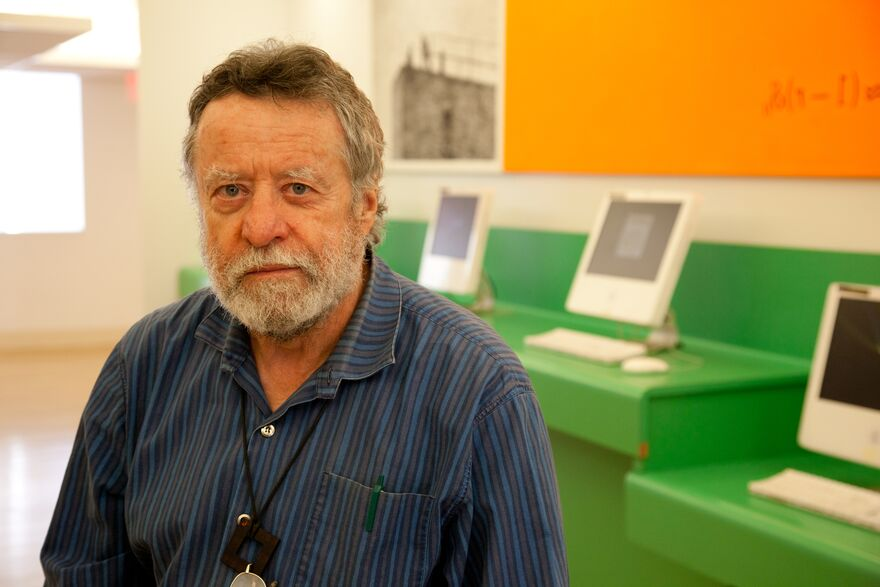Duncan Foley is Leo Model Professor of Economics at the New School for Social Research. He has taught at the Massachusetts Institute of Technology, Stanford University, Barnard College of Columbia University and published extensively in the fields of mathematical economics, Marxist economics, macroeconomics, monetary economics, the history of economic thought, economic distribution, stability,sustainability, and development. Lance Taylor and he are the 2015 recipients of the Leontief Prize of Tufts University’s Global Development and Environmental Institute.
Duncan Foley
By this expert
To Fight Climate Change, Save Energy and Reduce Inequality

The IPCC was correct in emphasizing the need for early mitigation, but their analysis of possible growth trajectories appears to be faulty.
Three Comments on Storm “The Economics and Politics of Social Democracy: A Reconsideration"
This Working Paper presents three separate comments on Servaas Storm’s “The Economics and Politics of Social Democracy: A Reconsideration”. The first is by Joseph Halevi and Peter Kriesler; the second is by Duncan Foley; and the third is by Thomas Ferguson.
Social Interaction Models and Keynes' Macroeconomics
The central concepts of Keynes’ macroeconomic theories concerning the behavior of labor markets, aggregate demand, and asset pricing can be formulated as special cases of a general social interaction model.
Featuring this expert
Research Webinar & Book Launch: Macroeconomic Inequality From Reagan to Trump

A discussion with Lance Taylor and Özlem Ömer, authors of INET’s new book Macroeconomics Inequality from Reagan to Trump
INET Guide to the 2017 EEA Meeting

A reference guide to all Institute for New Economic Thinking (INET) community presentations at the Eastern Economic Association’s (EEA) 2017 annual meeting
General Equilibrium Theory: Sound and Fury, Signifying Nothing?
Does general equilibrium theory sufficiently enhance our understanding of the economic process to make the entire exercise worthwhile, if we consider that other forms of thinking may have been ‘crowded out’ as a result of its being the ‘dominant discourse’? What, in the end, have we really learned from it?
New Theoretical Perspectives on the Distribution of Income and Wealth Among Individuals

The recently observed surge in wealth doesn’t equate to growth of productive capital. Joseph E. Stiglitz, Branko Milanovic, Paul Krugman and Duncan Foley discuss these issues and more.

